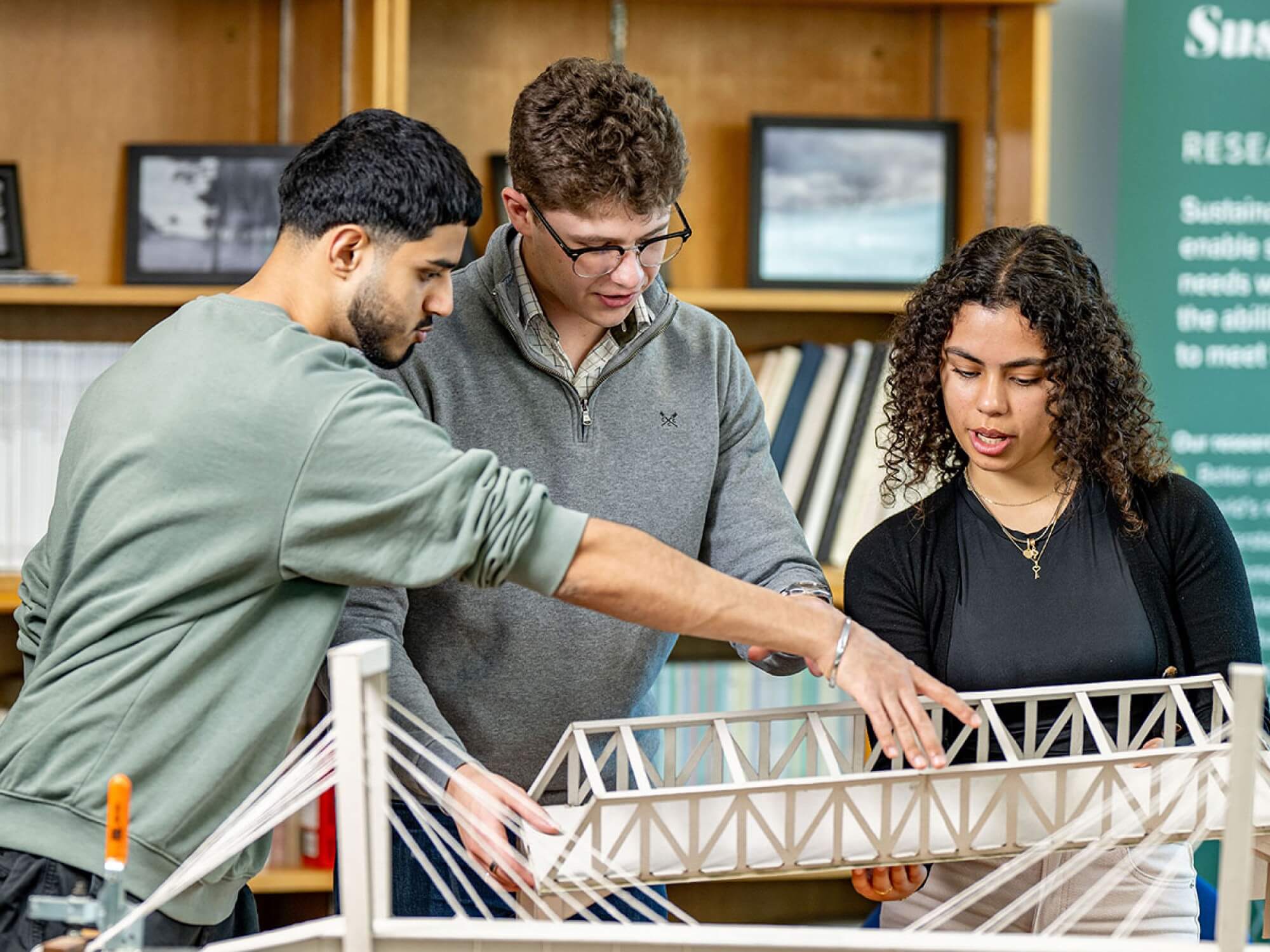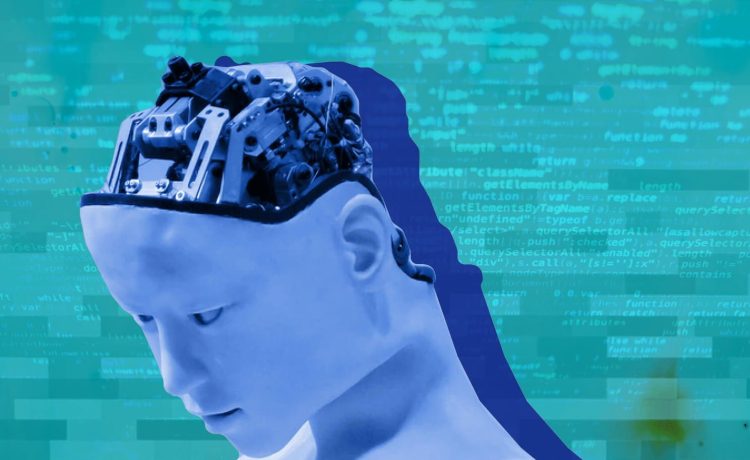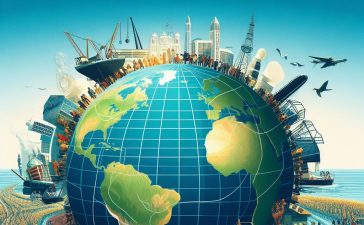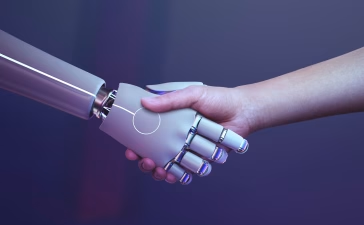Society and industry have always been deeply intertwined. Industry provides the infrastructure, goods, and services that sustain communities, while society shapes the values and demands that guide industrial growth. From the steam engines of the 18th century to today’s digital factories, industrial development has consistently reshaped how people live and work. Yet, rapid modernization has also brought social challenges, such as inequality, environmental damage, and the displacement of workers.
In this article, we explore the evolving relationship between society and industry, the opportunities created by new industrial revolutions, and the responsibilities industries bear in shaping a sustainable and inclusive future.
1. The Industrial Evolution and Its Social Impact
The Industrial Revolution of the 18th and 19th centuries transformed societies by shifting from agrarian economies to manufacturing powerhouses. Factories created jobs, urban centers expanded, and economies flourished. However, this progress came with social costs: long working hours, unsafe conditions, child labor, and pollution.
Fast forward to the Fourth Industrial Revolution—powered by digitalization, automation, and artificial intelligence—and we see similar patterns. Industries are again reshaping the labor market, redefining consumer behavior, and challenging societal norms. The difference today lies in global awareness: societies are demanding industries to be more ethical, sustainable, and people-centered.
2. Technology as a Bridge Between Society and Industry
Modern industries rely heavily on technology, not just for productivity but also for connecting with society.
-
Smart manufacturing: Factories now use robotics, IoT sensors, and AI to optimize efficiency. This reduces costs but also impacts traditional employment.
-
Consumer engagement: Social media, e-commerce, and data analytics allow companies to understand and respond to societal needs faster than ever.
-
Workplace transformation: Remote work, digital collaboration, and gig platforms are breaking traditional boundaries of employment.
Technology is not neutral—it reflects the values of those who design and deploy it. The key is ensuring that these tools strengthen, rather than weaken, social well-being.

3. Sustainability: The New Industrial Imperative
Society today is more conscious than ever about environmental and social responsibility. Industries are expected to go beyond profit-making and contribute to the fight against climate change, pollution, and resource depletion.
-
Green manufacturing: Industries are adopting cleaner production processes, renewable energy, and circular economy practices to reduce waste.
-
Corporate responsibility: Companies face pressure to disclose their carbon footprints, supply chain ethics, and labor practices.
-
Consumer power: Modern consumers prefer brands that align with sustainability values, pushing industries to adapt.
Sustainability is no longer a choice—it is a competitive advantage and a societal necessity.
4. Industry 4.0 and the Future of Work
The Fourth Industrial Revolution (Industry 4.0) is defined by automation, big data, and advanced connectivity. While these innovations increase efficiency, they also disrupt the labor market.
-
Automation and AI: Routine tasks in manufacturing, logistics, and even services are increasingly performed by machines.
-
New job opportunities: Fields like data science, cybersecurity, and renewable energy are creating new professions.
-
Reskilling demand: Workers must continuously upgrade their skills to stay relevant, placing responsibility on both governments and businesses.
Society’s challenge lies in ensuring that the future of work remains inclusive, offering opportunities for all rather than creating a technological divide.
5. Globalization and Local Communities
Industries operate on a global scale, but their impact is felt locally. Globalization has brought affordable goods and access to global markets but has also sparked concerns.
-
Outsourcing and job displacement: Moving production to cheaper labor markets often leaves local communities struggling.
-
Cultural influence: Global industries shape societal trends, from fast fashion to digital entertainment, sometimes at the cost of local traditions.
-
Economic resilience: The COVID-19 pandemic revealed the vulnerabilities of global supply chains, highlighting the need to balance globalization with local self-sufficiency.
Society increasingly demands industries to act not only as global players but also as responsible neighbors.
6. The Role of Ethics in Industry
As industries grow more powerful, ethical responsibility becomes central to maintaining public trust.
-
Labor ethics: Safe working conditions, fair wages, and respect for workers’ rights remain critical.
-
Data ethics: With industries collecting vast amounts of personal data, privacy and consent are major societal concerns.
-
AI ethics: Decisions made by algorithms can reinforce biases unless designed carefully.
Society looks to industry not just for economic growth but for ethical leadership that prioritizes people and fairness.
7. Collaboration Between Society and Industry
The relationship between society and industry is not adversarial—it is collaborative. Strong partnerships between businesses, governments, and communities can unlock progress.
-
Public-private partnerships: Joint initiatives can tackle issues like renewable energy, smart cities, and healthcare innovation.
-
Community engagement: Companies that invest in local education, training, and infrastructure strengthen both society and their own long-term success.
-
Policy and regulation: Governments play a vital role in setting standards that align industrial practices with societal well-being.
Collaboration ensures that industrial progress contributes positively to societal goals.
8. The Road Ahead: Building Balance and Trust
As industries become more digital and global, societies face a critical choice: allow unchecked industrial power or shape industries through values of responsibility, equity, and sustainability. The road ahead requires:
-
Inclusive growth: Ensuring technological progress benefits all, not just a privileged few.
-
Stronger education systems: Preparing future generations for evolving industries through science, technology, and critical thinking.
-
Transparent governance: Building trust by holding industries accountable for their social and environmental impact.
The goal is not to halt industrial progress, but to guide it in a way that balances economic growth with human and environmental well-being.

Conclusion
Society and industry are partners in shaping the future. While industry provides innovation, infrastructure, and prosperity, society ensures that progress is guided by values, fairness, and sustainability. The coming decades will be defined by how effectively industries embrace responsibility, adopt ethical practices, and align their growth with societal needs.
If society and industry succeed in working together, the result will be a future where technological and industrial progress not only drives economic success but also enhances quality of life, protects the environment, and fosters inclusive communities.
















